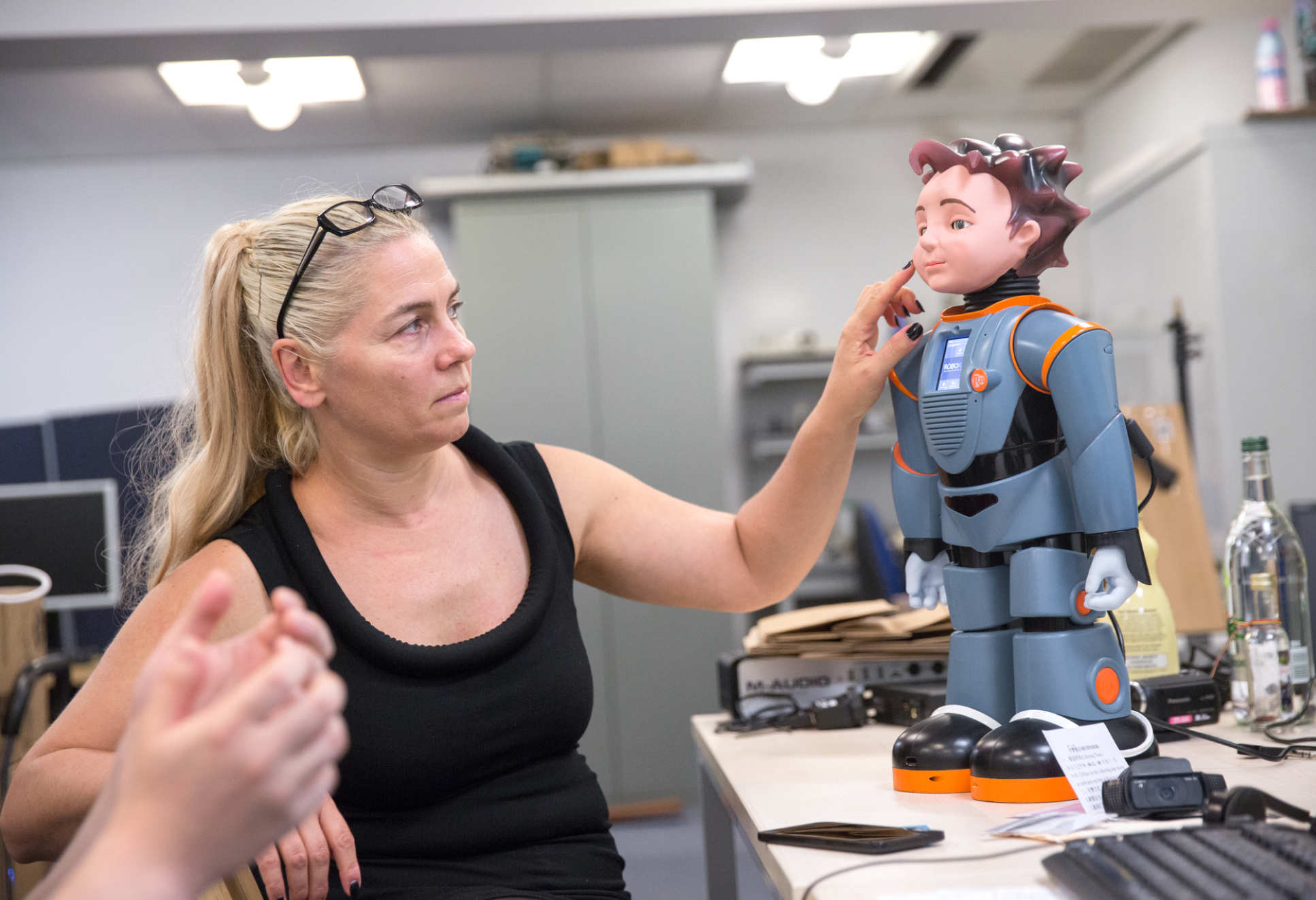UK can 'lead way on ethical AI,’ as Imperial academics advise House of Lords
by Tom Rutland

Professor Chris Hankin advised the Lords Committee on cyber security
Imperial professors have been cited in a new report from the House of Lords Select Committee on Artificial Intelligence.
The report AI in the UK: ready, willing and able? was published on Monday and cites responses from Professor Chris Hankin, Professor Maja Pantic, and the College as a whole.
The report calls for ethics to be at the heart of AI, arguing it should never be given the “autonomous power to hurt, destroy or deceive people”, and that AI “should be developed for the common good and benefit of humanity”.
Professor Chris Hankin, Co-Director of the Institute for Security Science and Technology, gave oral evidence to the Committee in November 2017 and answered questions relating to the potential for AI to assist in cybersecurity. His view that AI “is not the only answer… for defending our systems”, as the technology is still able to be fooled in some instances, is noted in the report.
The report argued that it will be important for people to be educated to work with and alongside AI in the jobs of the future, in order to “mitigate the negative effects” on some fields of work that are vulnerable to automation.
The College reinforced this point in its own response, arguing that “education, at all levels… needs to guarantee that every student leaves education data-literate” and for the focus in schools on learning how to use machines should shift onto how to programme and control them instead.

Professor Maja Pantic, Professor of Affective and Behavioural Computing, submitted written evidence to the Committee. The report highlights her concerns regarding the potential adverse effects an increasingly digital world is having on children, with evidence of reduced attention spans and shallower cognitive capabilities, as well as a loss of identity as a result of time spent online and using social media.
Vice-Provost (Research and Enterprise) Professor Nick Jennings said: “The rise of AI has huge potential benefits for society, but also raises questions around the future of work, ethical and transparent algorithmic decision-making, and the use of personal data. It is fantastic to see our academics grappling with these important policy issues and engaging with this timely inquiry.”
A unique opportunity
The Chairman of the Committee, Lord Clement-Jones, said that the UK has “a unique opportunity to shape AI positively for the public’s benefit and to lead the international community in AI’s ethical development, rather than passively accept its consequences.”
“The UK contains leading AI companies, a dynamic academic research culture, and a vigorous start-up ecosystem as well as a host of legal, ethical, financial and linguistic strengths. We should make the most of this environment, but it is essential that ethics take centre stage in AI’s development and use.”
Read Imperial’s response to the inquiry.
Read Professor Maja Pantic’s written response to the inquiry.
Read a transcript of Professor Chris Hankin’s oral evidence to the inquiry.
Article text (excluding photos or graphics) © Imperial College London.
Photos and graphics subject to third party copyright used with permission or © Imperial College London.
Reporter
Tom Rutland
Communications and Public Affairs